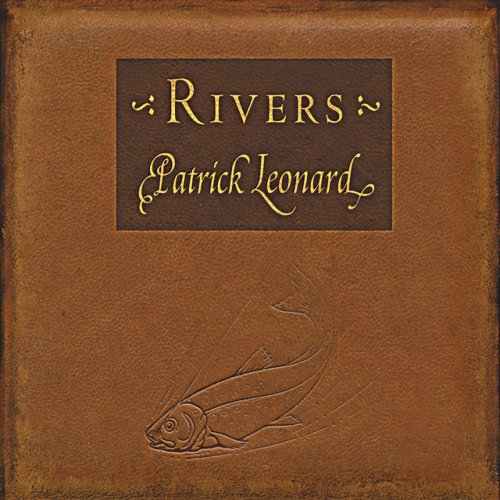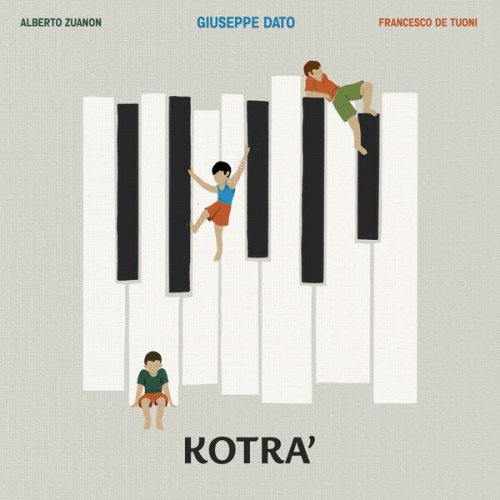Paul Watkins, Huw Watkins - Martinu: Cello Sonatas Nos. 1, 2 & 3 (2010) [Hi-Res]
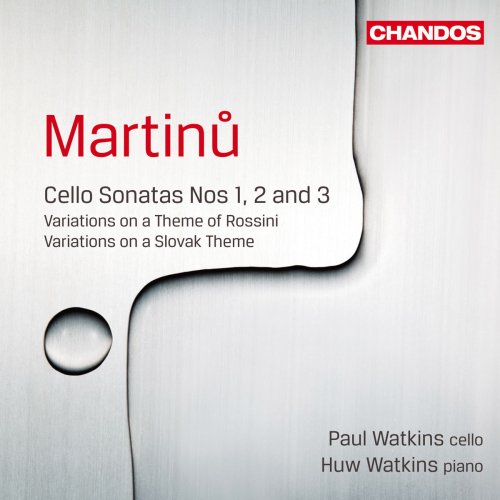
Artist: Paul Watkins, Huw Watkins
Title: Martinu: Cello Sonatas Nos. 1, 2 & 3
Year Of Release: 2010
Label: Chandos
Genre: Classical
Quality: flac 24bits - 96.0kHz +Booklet
Total Time: 01:10:10
Total Size: 1.16 gb
WebSite: Album Preview
TracklistTitle: Martinu: Cello Sonatas Nos. 1, 2 & 3
Year Of Release: 2010
Label: Chandos
Genre: Classical
Quality: flac 24bits - 96.0kHz +Booklet
Total Time: 01:10:10
Total Size: 1.16 gb
WebSite: Album Preview
01. Cello Sonata No. 1, H. 277: I. Poco allegro
02. Cello Sonata No. 1, H. 277: II. Lento
03. Cello Sonata No. 1, H. 277: III. Allegro con brio
04. Variations on a Slovak Folksong, H. 378
05. Cello Sonata No. 2, H. 286: I. Allegro
06. Cello Sonata No. 2, H. 286: II. Largo
07. Cello Sonata No. 2, H. 286: III. Allegro commodo
08. Variations on a Theme of Rossini, H. 290
09. Cello Sonata No. 3, H. 340: I. Poco andante
10. Cello Sonata No. 3, H. 340: II. Andante
11. Cello Sonata No. 3, H. 340: III. Allegro (ma non Presto)
![Paul Watkins, Huw Watkins - Martinu: Cello Sonatas Nos. 1, 2 & 3 (2010) [Hi-Res]](https://www.dibpic.com/uploads/posts/2021-05/1621066989_paul-watkins-huw-watkins-martinu-cello-sonatas-nos_-1-2-3-2010-back.jpg)
Paul Watkins is one of the world’s finest cellists. He is much in demand throughout the world and although he has made several recordings for Chandos in the past, this is his first as an exclusive artist. He is accompanied by his brother Huw Watkins, with whom he has developed an extremely rewarding musical partnership.
The three cello sonatas of the Czech composer Bohuslav Martinu span the period 1939 – 52 and are full of rewarding musical invention. The experience of his long exile was often expressed in his music, particularly here in the Third Sonata and in the Variations on a Slovak Theme. If in the First, competed in 1939, the unease occasioned by World War II may be detected in the first two movements, the energetic finale, driven by Martinu’s motoric rhythms, prompted the composer to remark of its first performance: ‘It came as a last greeting, a beam of light from a better world (which is the opinion of others, not my own). For several minutes we realised what music could give us and we forgot about reality.’
In the Second Sonata, of 1941, the composer embraced classical forms, though the first movement is typically vigorous and energetic, in the composer’s most rhythmic manner. The second movement is full of passionate longing, with a gorgeous lyrical cello line, whilst the finale uses the composer’s characteristic motor rhythms, with powerful stamping gestures suggesting Bohemian peasant dances.
The Third Sonata, completed in October 1952, is the most immediately appealing of the three sonatas, full of attractive Czech melodies and offering essentially good-natured melodies and harmony – as well as humour, especially in the finale.
The Variations on a Theme of Rossini (1942), dedicated to Gregor Piatigorsky, shows the composer at his most wittily light-hearted, and offers brilliance and virtuosity in spades. The Variations on a Slovak Theme (1959) were written during the composer’s final illness – Martinu had been diagnosed with stomach cancer. They are certainly appealing and resourceful, but strong feelings for the distant homeland are distinctly audible.

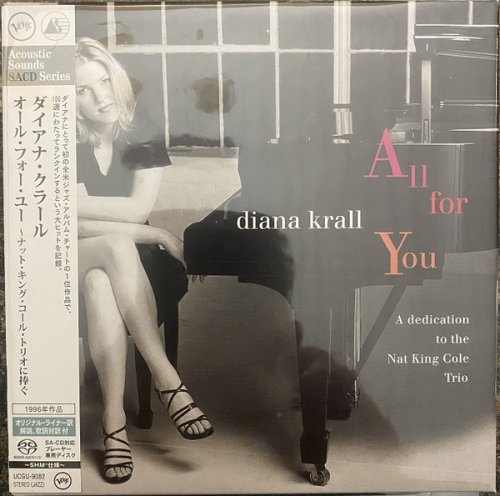
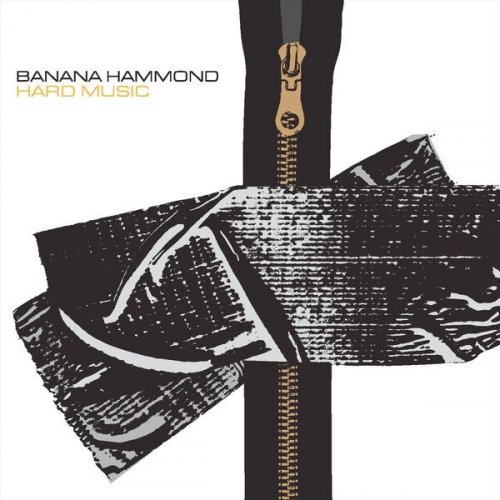
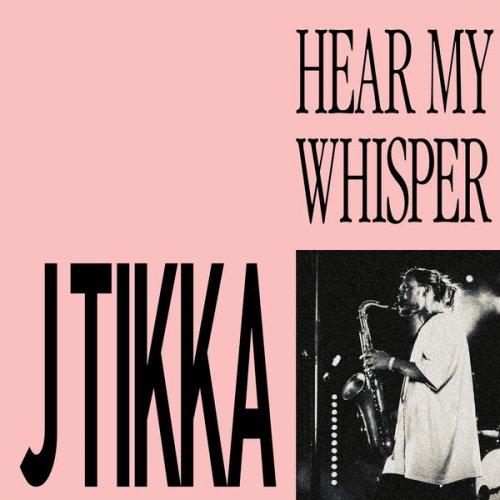
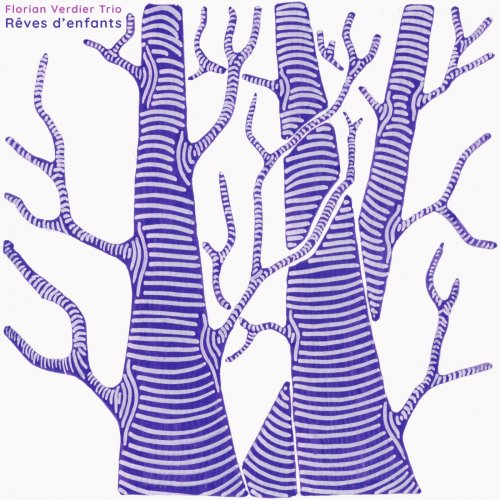
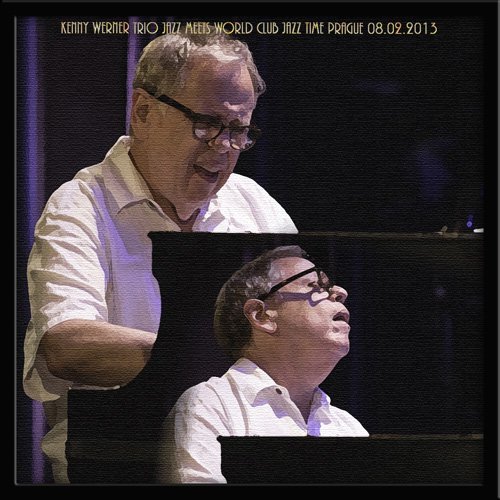
![Bert Peck & The Kings Of Dixieland - New Orleans Beat (1974) [Hi-Res] Bert Peck & The Kings Of Dixieland - New Orleans Beat (1974) [Hi-Res]](https://www.dibpic.com/uploads/posts/2026-01/1767794522_0191773011871_600.jpg)
